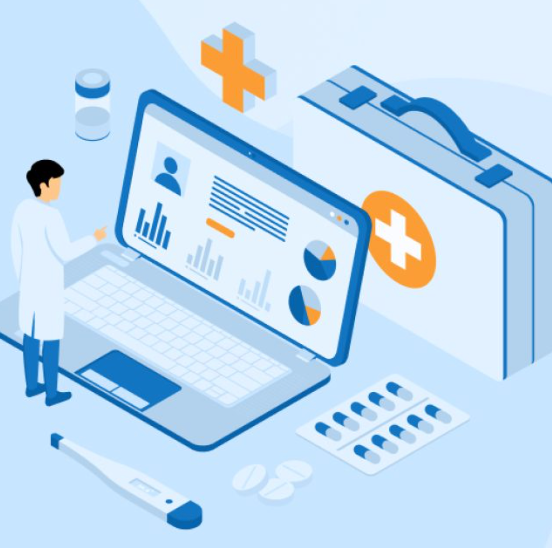Connecting your CRM and medical software ensures patient and business data flow smoothly between systems. Consequently, your team gains a full view of each patient—from first inquiry through follow-up care—without double entry or delays.

Unified Patient Profiles
First, integration syncs contact details, appointments, and clinical notes in real time. As soon as a patient books or updates their record, both systems reflect changes instantly. As a result, staff spend less time copying data and more time on patient care.
Automated Workflows
Next, trigger actions across platforms automatically. For example, when a lab result appears in your clinical system, your CRM can send a follow-up reminder. Likewise, a new CRM opportunity can schedule a patient intake in your medical software. Therefore, processes stay seamless and error-free.
Combined Reporting
Furthermore, integrated analytics bring together marketing, sales, and clinical metrics. You can track which referral sources drive the most appointments alongside treatment outcomes. Consequently, decisions are backed by real data rather than guesswork.
Secure & Compliant
Moreover, data transfers use encrypted channels and strict access controls to maintain full compliance with privacy regulations. Thus, only authorized users view sensitive health information, keeping patient records safe at every step.
Rapid Deployment
Finally, most integrations are plug-and-play. You can start with core syncing—such as contacts and appointments—and then expand to more automations over time. Ultimately, your team adapts gradually, delivering real value at each phase.
Partner with RocketSales
Ready to streamline your operations and delight patients? Explore our Integrations page or check Pricing. For more insights, visit the RocketSales Blog.
